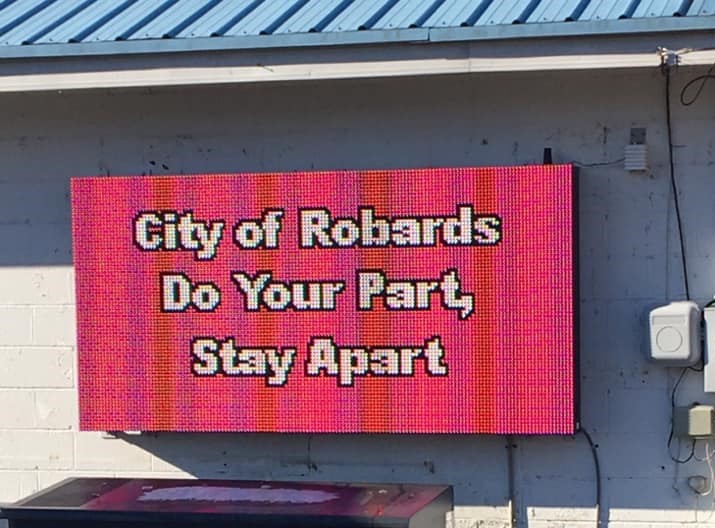Coronavirus Relief Fund (CRF)
The CRF was set aside from the CARES Act to offset pandemic expenses. City and county allocations were based on population. The funds reimbursed COVID-related expenditures made between March 2020 and March 2021.
Cities and counties used this money to reimburse short-term recovery efforts such as the purchase of PPE for government and public use, cleaning supplies, one-time small business grants, utility relief grants, and first responder payroll.
Some jurisdictions also used CRF to reimburse longer-term resiliency projects like drive-thrus and drop boxes for utility payments, upgraded flooring, additional laptop computers so staff could work from home and installation of permanent plexiglass. Due to the limited scope of use for these funds, some smaller cities were unable to use all the money. Most transferred excess amounts to the county.
Cities and counties expressed the importance of these funds in helping with the initial recovery. After being reimbursed for these expenses, they were able to put that money back toward other city and county services.
In December 2020, Governor Beshear announced there would be additional round of CRF funds made available for cities and counties that have spent their first allocation. GRADD communities were able to take advantage of this second round.

CDBG-CV
The CARES Act also added funding for Community Development Block Grant – COVID-19 programs. Some of these funds went toward a utility assistance
program. Each GRADD county applied for $200,000 of CDBG-CV Utility Assistance to be distributed by Audubon Area Community Services (AACS). The only eligibility requirement for residents to receive this assistance was to be impacted by Covid-19 in
some way. Unlike other assistance programs, there was no income limit. This assistance was a last-resort program, meaning households had to go through
other programs before qualifying. Advertisement for the CDBG-CV Utility Assistance program increased traffic to AACS and led to more households receiving assistance from programs like LIHEAP and LIWEAP. CDBG-CV Utility Assistance funds
were not expended as quickly as predicted. Excess funds were redirected to support other Covid-19 related projects called CDBG-CV projects.
One of those CDBG-CV projects in the GRADD region went towards the purchase of a new location for Owensboro Area Shelter, Information, and Services (OASIS), a domestic violence program. A 75% increase of Kentucky domestic violence
homicides during the COVID-19 pandemic demonstrated a huge need for OASIS’ services. The previous location of the OASIS shelter was not conducive to COVID-19 safety protocols, so clients had to be placed in hotels. CDBG-CV funding allowed OASIS to move to a location to better serve its clients without putting them at risk for Covid-19.
